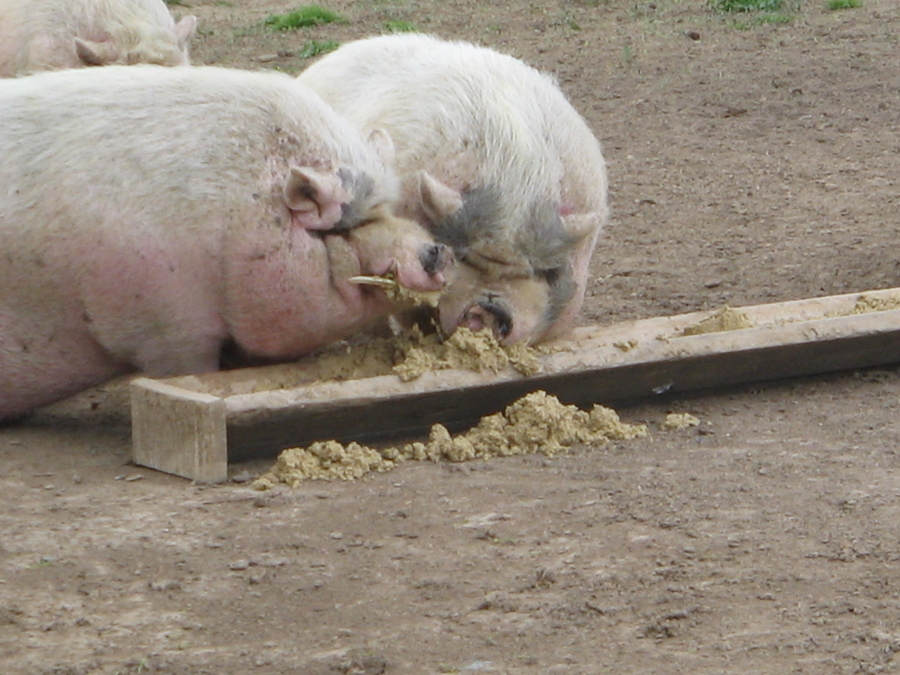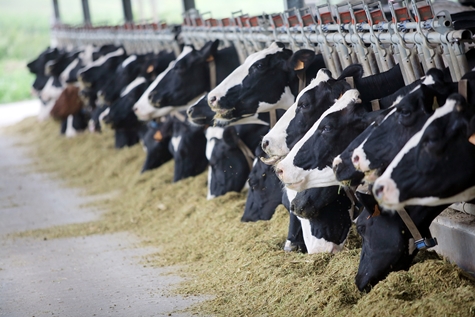Accredited Third-Party Certification Rule
As part of the US Food Safety Modernization Act (FSMA), the US Food and Drug Administration (FDA) has issued several rules to further clarify the requirements of the regulations. This is one of these rules, which was developed after extensive consultation with numerous stakeholders.
This rule creates a voluntary program for third-party accreditation bodies and third-party certification bodies; the latter are accredited by the former. These bodies can carry out food safety audits and issue certifications to companies producing human and animal food outside of the US. The purpose of this rule is to ensure that such enterprises are competent, and that they are truly independent.
FSMA notes two specific uses for these certifications:
• To verify an importer’s eligibility for the Voluntary Qualified Importer Program (VQIP), which expedites the entry and review of food into the USA.
• In certain instances, the FDA can require that a certification from an accredited third-party certification body be provided before allowing the import of a specific food.
Scope:
The rule sets out the framework, procedures and requirements for bodies seeking accreditation and recognition from the FDA.
The FDA can offer accreditation directly, should there be no successful applicants within two years of the creation of the program.
The accreditation bodies can use their existing International Organization for Standardization (ISO) and International Electrotechnical Commission (IEC) documentation to meet this program’s requirements; this is a familiar system that is internationally consistent.
There are oversight and monitoring procedures which allow the FDA to revoke or withdraw accreditation as necessary.
Requirements for Recognized Accreditation Bodies
The rule requires these enterprises to:
• Assess third-party certification bodies for accreditation, including reviewing a representative sample of their work
• Monitor those it accredits and notify the FDA of any changes to, or withdrawals of, these accreditations
• Assess and correct their own performance
• Create and submit monitoring and self-assessment reports to the FDA
• Maintain required records and allow the FDA access to them.
Requirements for Third-Party Certification Bodies
The program requires these enterprises to perform unannounced facility audits and notify the FDA if they discover anything that could pose a risk to public health. The rule also requires these bodies to:
• Ensure their audit agents are competent and objective
• Verify that any corrective actions recommended to address deficiencies are undertaken by the audited entities, and that they are effective
• Assess and correct their own performance
• Maintain required records and allow the FDA access to them
There are two kinds of audits: consultative and regulatory. In both kinds, compliance with applicable federal food safety requirements will be examined. A consultative audit is for internal use, and is conducted in preparation for a regulatory audit. Auditors will assess the facility’s performance in terms of industry standards and practices. Certification is only given following a regulatory audit.
Related FDA Actions
The FDA’s final recommendations on standards for third-party certification bodies are contained in the Model Accreditation Standards guidance. These include required educational and experience qualifications.
The FDA also published a final guidance on VQIP. Importers must import food from certified facilities. Importers with a robust supply-chain management system may qualify for expedited review and entry. This allows the FDA to focus on imports that are more likely to present a risk to public health.
There is a user-fee for the Accredited Third-Party Certification Program. This pays for the work of the FDA in establishing and administering the program.
Exemptions
Mandatory import certification authority does not apply to:
• Alcoholic beverages under certain circumstances
• Certain meat, poultry and egg products that are subject to US Department of Agriculture oversight.
Implementation
In June, 2017, the FDA launched a website where organizations can apply to be recognized as an accreditation body. Once these bodies are accredited, they can begin accepting applications from third-party certification bodies.

-
 FeaturedRisk management
The Cost of a Breach: What a Cyberattack Could Mean for Food Safety Recalls
FeaturedRisk management
The Cost of a Breach: What a Cyberattack Could Mean for Food Safety Recalls
-
 FeaturedRisk management
Securing the Food Chain: How ISO/IEC 27001 Strengthens Cybersecurity
FeaturedRisk management
Securing the Food Chain: How ISO/IEC 27001 Strengthens Cybersecurity
-
 FeaturedRisk management
Revolutionizing Food Safety Training: Breaking Out of the “Check-the-Box” Mentality
FeaturedRisk management
Revolutionizing Food Safety Training: Breaking Out of the “Check-the-Box” Mentality
-
 GFSI Standards
GFSI 2025: Building Trust, Tech-Forward Solutions, and Global Unity in Food Safety
GFSI Standards
GFSI 2025: Building Trust, Tech-Forward Solutions, and Global Unity in Food Safety
-
 FeaturedFood Safety
Integrated Pest Management: Strategies to Protect Your Brand’s Reputation
FeaturedFood Safety
Integrated Pest Management: Strategies to Protect Your Brand’s Reputation
-
 FeaturedFood Safety Culture & Training
No Open Door Policy: Challenges That Impact Pest Control in Food Processing Plants
FeaturedFood Safety Culture & Training
No Open Door Policy: Challenges That Impact Pest Control in Food Processing Plants




